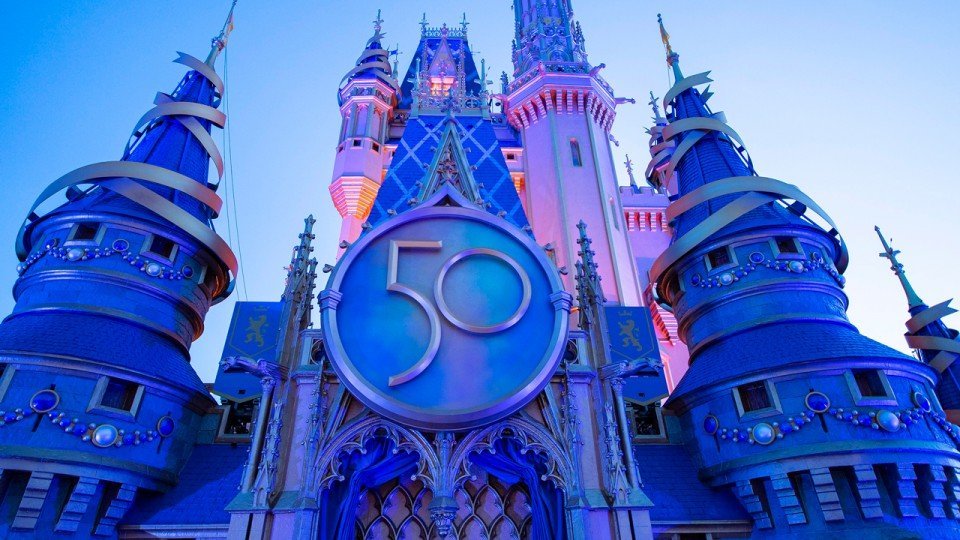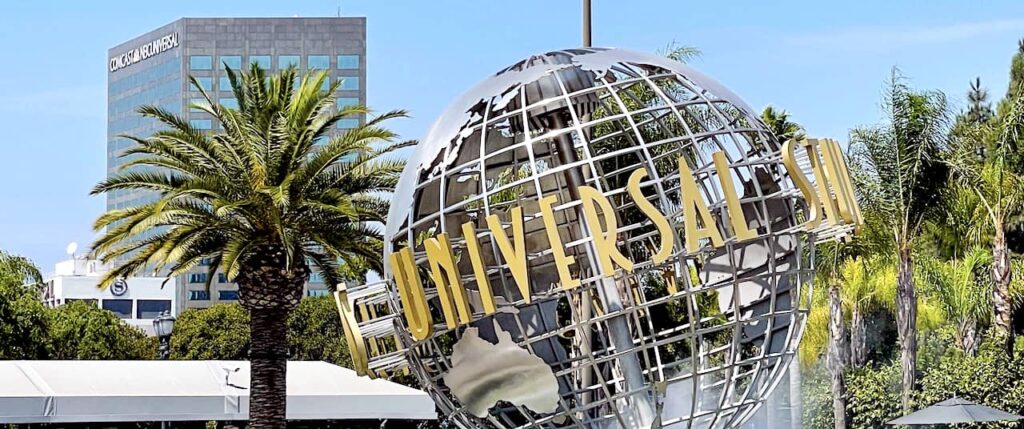Theme parks are synonymous with fun, excitement, and thrills. However, for individuals with autism spectrum disorders (ASD) and their families, navigating these sensory-rich environments can be overwhelming and challenging. Recognizing the importance of inclusivity, several theme parks across the United States have taken significant strides to become more autism-friendly, providing accommodations and services tailored to the needs of individuals on the spectrum. Here are a few of the best theme parks to explore…Sesame Place in Pennsylvania and California
Image: Sesame Place
Arguably the pioneer for autism-friendly initiatives is Sesame Place in Pennsylvania and San Diego. Known for its beloved characters from the iconic children’s television show Sesame Street, Sesame Place became the first theme park in the world to be designated a Certified Autism Center. This certification signifies that the park’s staff undergoes specialized training to better understand and support guests with autism. Additionally, Sesame Place offers quiet rooms, sensory guides, and low-sensory parade viewing areas, allowing guests to enjoy the park at their own pace without feeling overwhelmed by stimuli. Finally, they have implemented a Ride Accessibility Program to ensure all guests can safely ride attractions and allow for those with physical impairments or cognitive disorders to safely wait outside of the queue for attractions.LEGOLAND in New York, California, and Florida
Image: LEGOLAND
LEGOLAND Resorts has been at the forefront of creating an inclusive environment for individuals with autism. Like Sesame Place, the LEGOLAND resorts became Certified Autism Centers. The resorts offer low sensory areas, quiet rooms equipped with sensory-friendly items, and noise-canceling headphones. Moreover, LEGOLAND provides a program called the Hero Pass. This allows for the guest with a disability and one helper to ride attractions with no wait. If additional guests will be riding, then a reservation system is utilized where the party reserves a specific time to return and ride the attraction together. The resorts also offer sensory guides for every attraction, including the waterpark and even the hotel, so that guests and their families can choose experiences that are best for them. The Peppa Pig Theme Park in Florida also utilizes the same Hero Pass program as LEGOLAND and offers a comprehensive sensory guide to the park.Other Certified Autism Center Theme ParksThe Six Flags parks and Knobels have also been recognized as Certified Autism Centers. The parks provide a comprehensive sensory and accessibility guide. They are also implementing an Accessibility Program in which guests with qualifying conditions or impairments must register for an Individual Accessibility Card through the International Board of Credentialing and Continuing Education Standards. This is the same organization that certifies parks as Certified Autism Centers. There are also sensory-friendly spaces provided for guests.The Nickelodeon Universe parks in New Jersey and Minnesota are two additional parks that have received the designation of Certified Autism Center. These parks provide noise-canceling headphones, quiet spaces, certified staff, and a thorough sensory guide for guests to review before visiting. Theme Parks With Autism-Friendly Initiatives
Image: Disney
Beyond these notable examples, numerous other theme parks across the United States have implemented autism-friendly initiatives. Cedar Fair Entertainment Company, which operates parks like Cedar Point and Knott’s Berry Farm, provides access to quiet areas and a Boarding Pass Program to allow equal access to guests of all abilities. Similarly, Disney Parks has implemented measures to cater to individuals with autism and cognitive disorders. Through their Disability Access Service (DAS), guests can obtain accommodations such as waiting for attractions outside of the standard queue in a more sensory-friendly environment. Like Six Flags, Universal Resorts requires the Individual Access Card through IBCCES for guests with disabilities to arrange for queue accommodations. The Universal Resorts also offer a quiet room for guests to use. In conclusion, the emergence of autism-friendly theme parks in the United States represents a significant step towards creating a more inclusive society. By implementing tailored accommodations and services, these parks are not only breaking down barriers for individuals with autism but also setting an example for other industries to follow. As the awareness of neurodiversity grows, it is incredibly important that theme parks and other public spaces continue to prioritize inclusivity, ensuring that everyone, regardless of their abilities, can experience the magic of these attractions.



